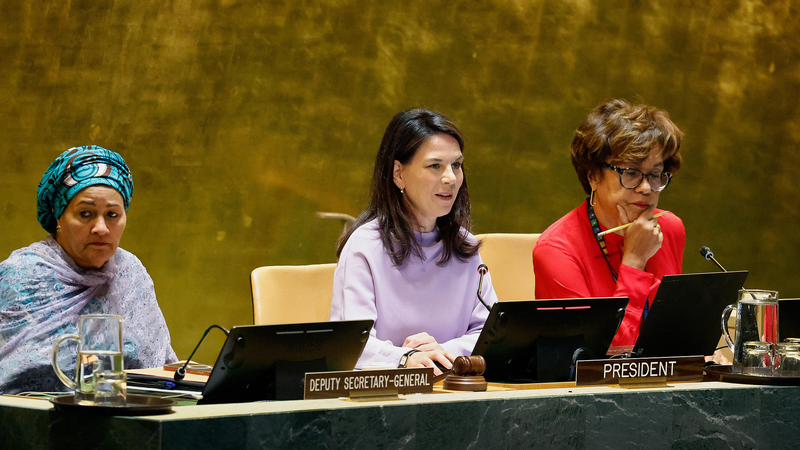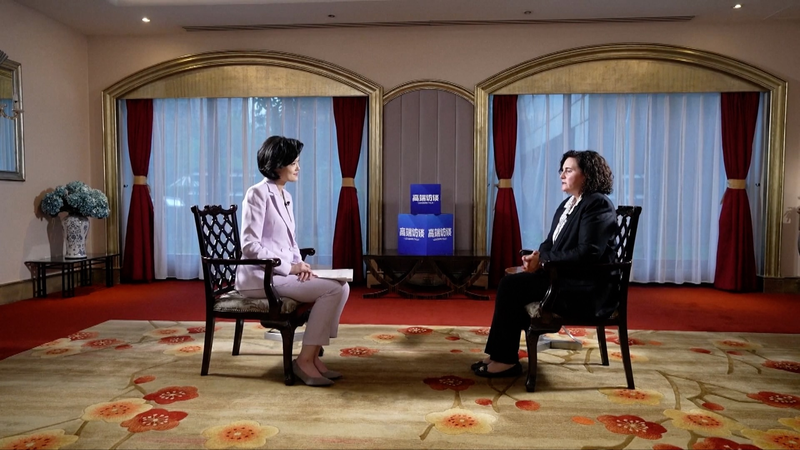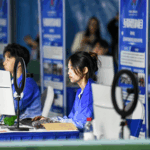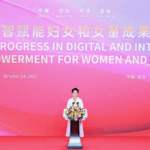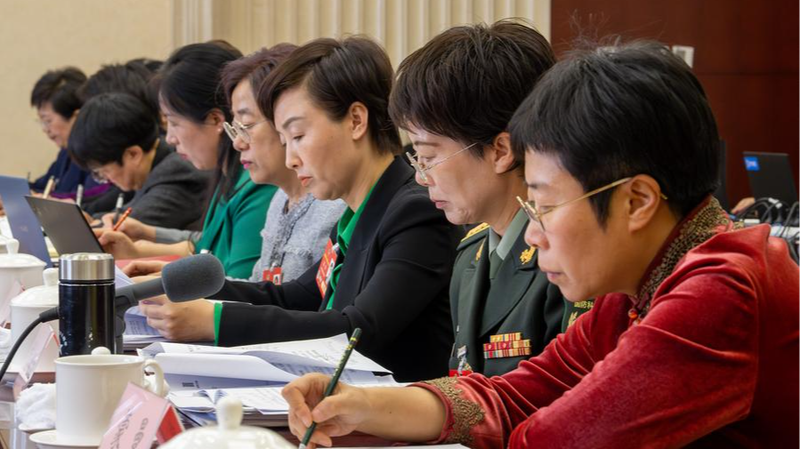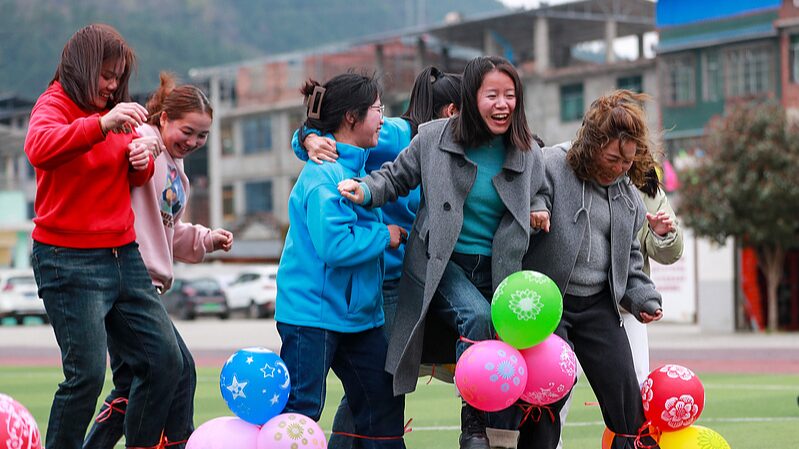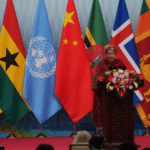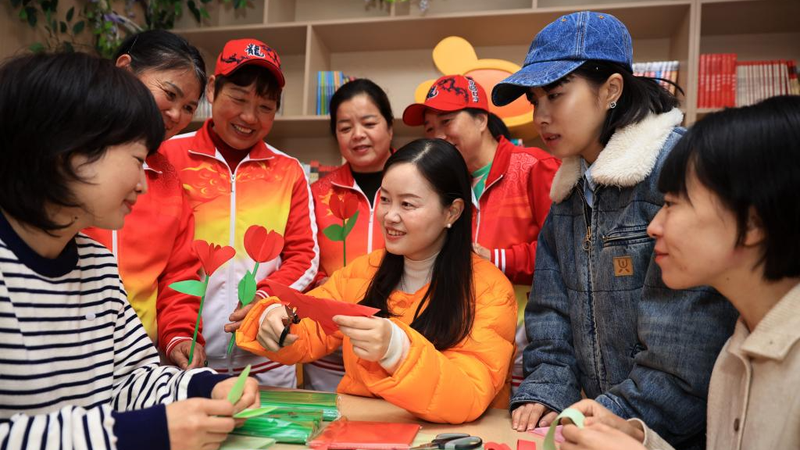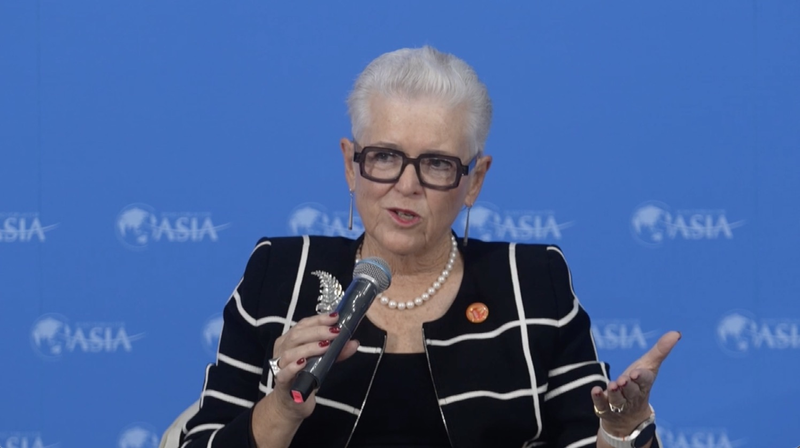World leaders and civil society representatives convened at the United Nations headquarters this week to mark the 30th anniversary of the Beijing Declaration and Platform for Action, renewing calls to accelerate progress on gender equality amid persistent global challenges.
UN Secretary-General António Guterres described the 1995 Beijing Declaration as "the most ambitious global political commitment on women's rights ever achieved," while acknowledging that "progress has been slow and uneven." The landmark agreement has driven legal reforms, increased political representation, and expanded educational access for women worldwide, with parliamentary participation nearly doubling over three decades.
However, UN Women Executive Director Sima Bahous warned that "none" of the gender-related Sustainable Development Goals are on track. A new UN report reveals 676 million women and girls now live in conflict zones – the highest number since the 1990s – while technological gaps and climate crises threaten recent gains.
Artificial intelligence emerged as a key concern, with Guterres noting that male-dominated tech industries risk embedding discrimination through biased algorithms. Luxembourg Prime Minister Luc Frieden called for concrete action through the Beijing+30 Action Agenda, emphasizing investments in care systems, digital inclusion, and healthcare access.
Liechtenstein Deputy PM Sabine Monauni highlighted growing backlash against gender equality efforts, stating: "We must not allow for a new normal where mothers enjoy more freedoms than daughters." Leaders unanimously stressed the need for better-funded national plans to combat gender-based violence and dismantle discriminatory laws.
Reference(s):
World leaders call for accelerating commitments to women's rights
cgtn.com
